Feeling the Financial Crunch? Here’s How to Navigate Stormy Economic Waters
Whether it’s rising interest rates, inflation spikes, or shaky job markets, economic downturns can threaten your financial stability. But here’s the encouraging news: with the right mindset and strategy, you can not only weather economic uncertainty—you can grow from it.
Let’s explore smart money mindset principles and actionable tactics that empower you to thrive in any economy.
1. Shift From Scarcity to Strategy
When economic headlines scream “recession,” it’s easy to react with fear. But fear-driven decisions often lead to tightening in unproductive ways, like slashing all spending or cashing out long-term investments. Instead, focus on optimizing.
- Reassess subscriptions and recurring expenses—cut what’s not serving your goals.
- Redirect that money into a high-yield savings account or emergency fund checkup.
- Review your investment allocations. Are you overexposed to risk?
Mindset shift: Economic slowdowns often create buying opportunities—not just in the stock market, but in real estate, skill-building courses, and even second-hand items. Think like a strategic investor, not a panicked spender.
2. Build a “Life Buffer,” Not Just a Financial One
Emergency funds are essential, but your mindset safety net is just as important. In uncertain times, nurturing flexibility, adaptability, and openness to new income sources is key.
Take the example of Andrea, a teacher who used pandemic-era uncertainty to launch a side business tutoring online. She now earns an additional $1,200/month and plans to go full-time within the year.
Actionable insight: Identify 1-2 skills you can monetize quickly. Whether it’s freelance writing, dog walking, Etsy crafts, or tech support—every extra dollar counts in volatile times.
3. Embrace “Downshifting” as a Power Move
In a spending culture, lowering lifestyle costs can feel like failure. But it’s quite the opposite—a strategic recalibration built on priorities and peace of mind.
- Swap restaurant nights for potlucks with friends.
- DIY home upgrades using free YouTube tutorials.
- Negotiate insurance premiums and service bills—tools like Rocket Money make it easy.
You’re not “downgrading”—you’re future-proofing.
4. Use High Inflation to Re-Evaluate Fixed Mindsets
Many people stick to antiquated personal finance rules even when they no longer work. For example, the classic “20% down” rule for homebuying may not be feasible or necessary with housing costs today.
Modern mindset: Flexibility trumps rigidity. Explore creative housing options like “house hacking” if you’re a first-time buyer, or rent strategically while investing the difference when ownership isn’t optimal.
Learn from platforms like BiggerPockets, which offers insider education on nontraditional wealth-building strategies.
5. Reframe Setbacks Into Stepping Stones
Laid off? Salary stagnant? Now’s the time to ask, “What does this free me up to explore?” Many entrepreneurs and freelancers flourish during downturns. Consider Starbucks barista and single mom, Keisha, who, after losing her second job, launched a virtual assistant service. One year later, she had replaced her full-time income.
Instead of thinking “How do I survive this?”, ask “Where’s the opportunity hiding?”
6. Regularly Audit Your Financial Beliefs
Our relationship with money often stems from childhood lessons or inherited societal narratives. In times of crisis, those narratives surface more than ever. Address them.
- Do you believe earning more means working more hours?
- Are you uncomfortable talking about money with loved ones?
- Do you equate financial success with material possessions?
Challenge these beliefs. Journaling, financial therapy, or reading books like Your Money or Your Life can cultivate a more empowered money mindset.
The Bottom Line: Mindset + Money Strategy = Resilience
While it’s smart to track expenses, build emergency funds, and pay down debt, true financial wellness during downturns comes from mindset agility. Adopt forward-thinking strategies. Stay informed. And most of all—see uncertainty as a signal, not a stop sign.
Despite the headlines, your personal economy can still thrive.




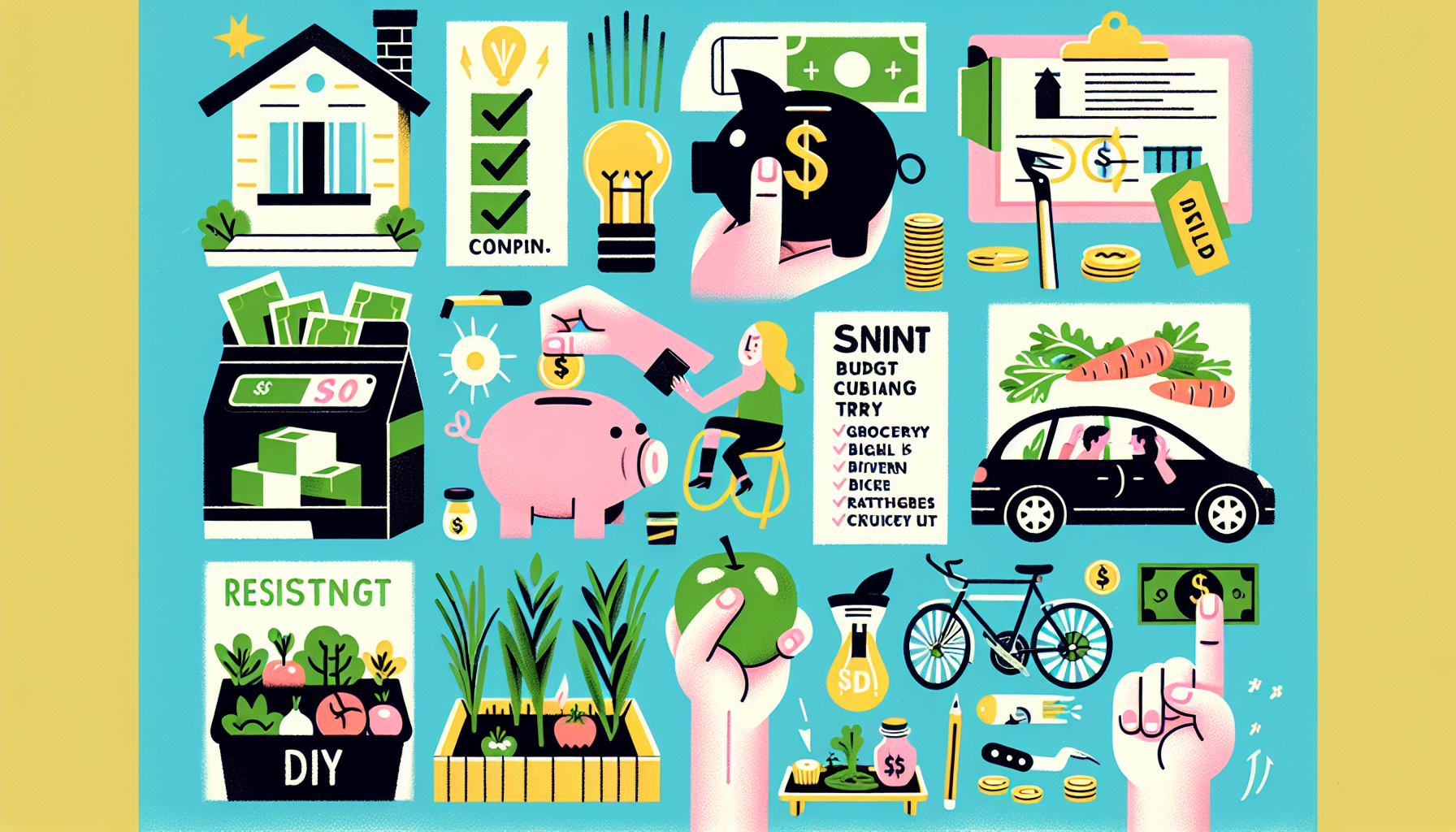

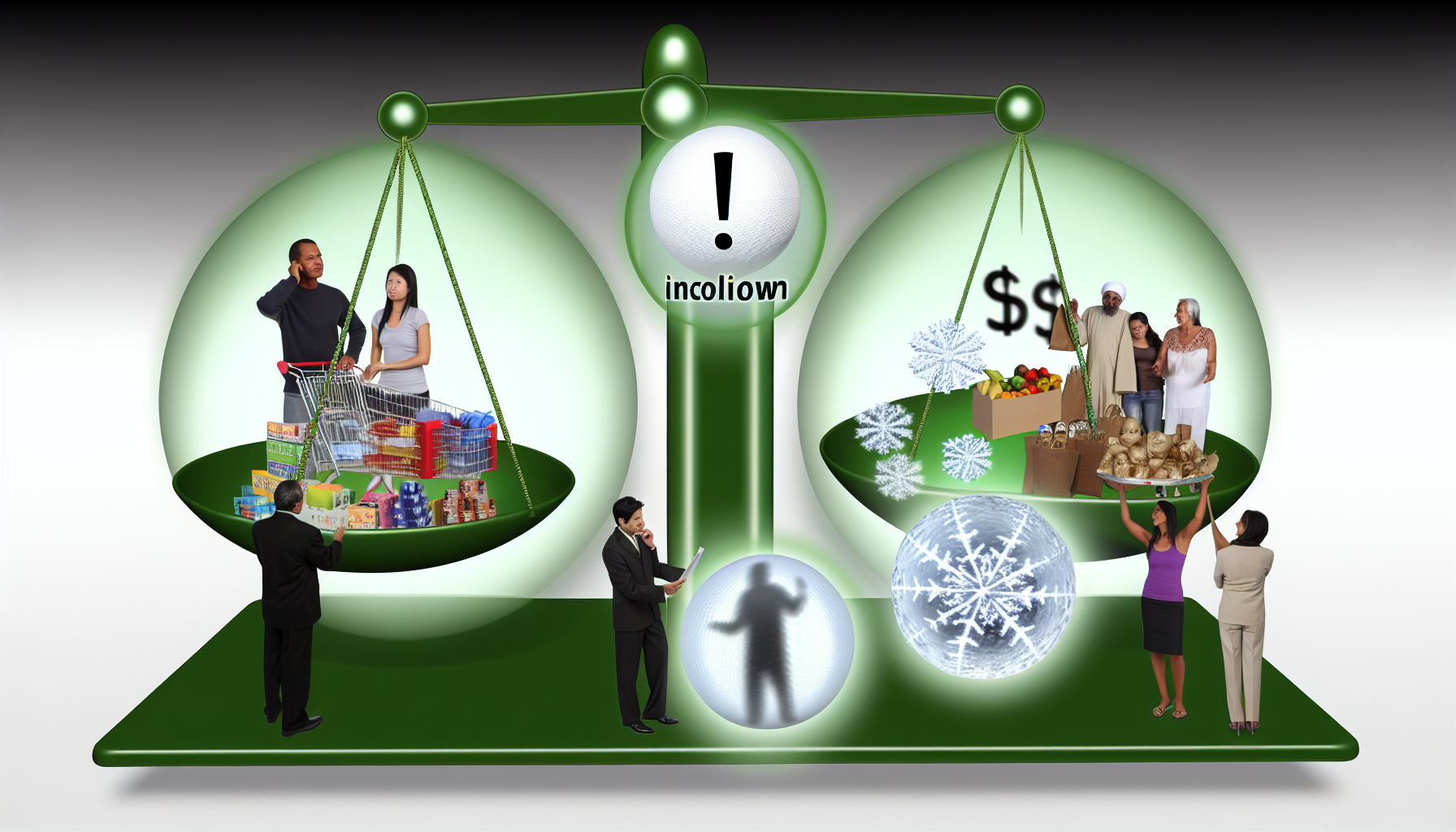


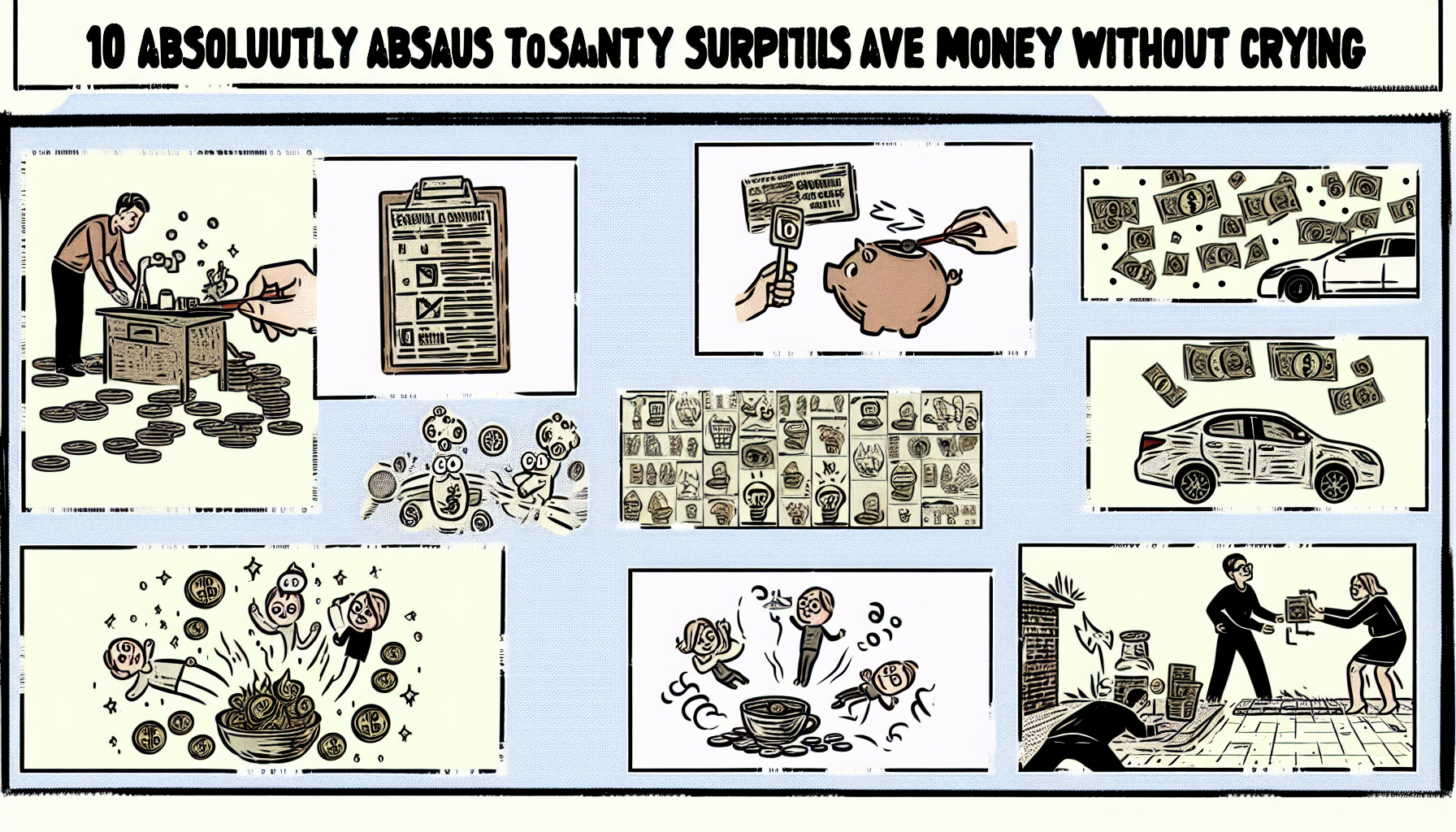




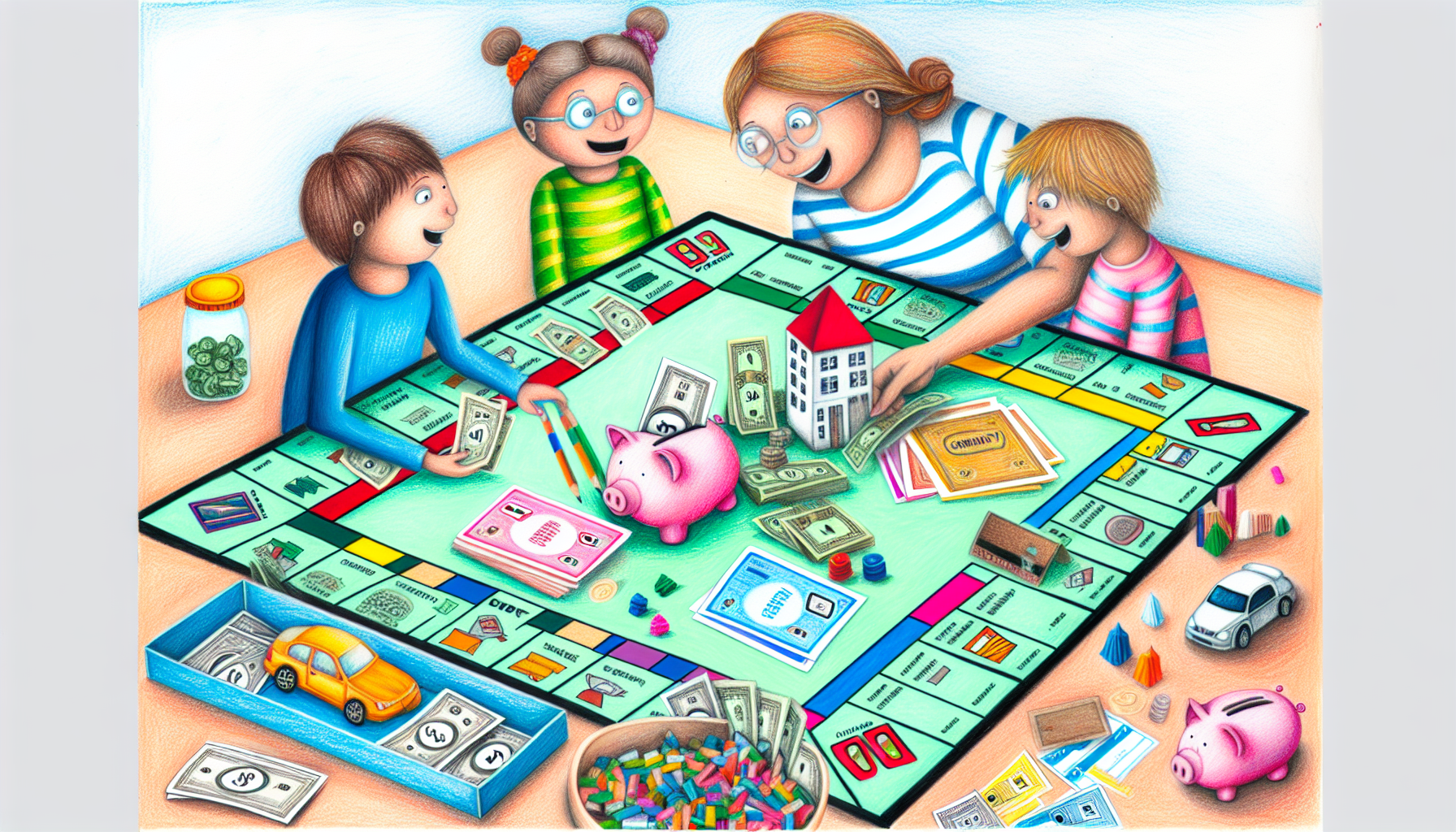

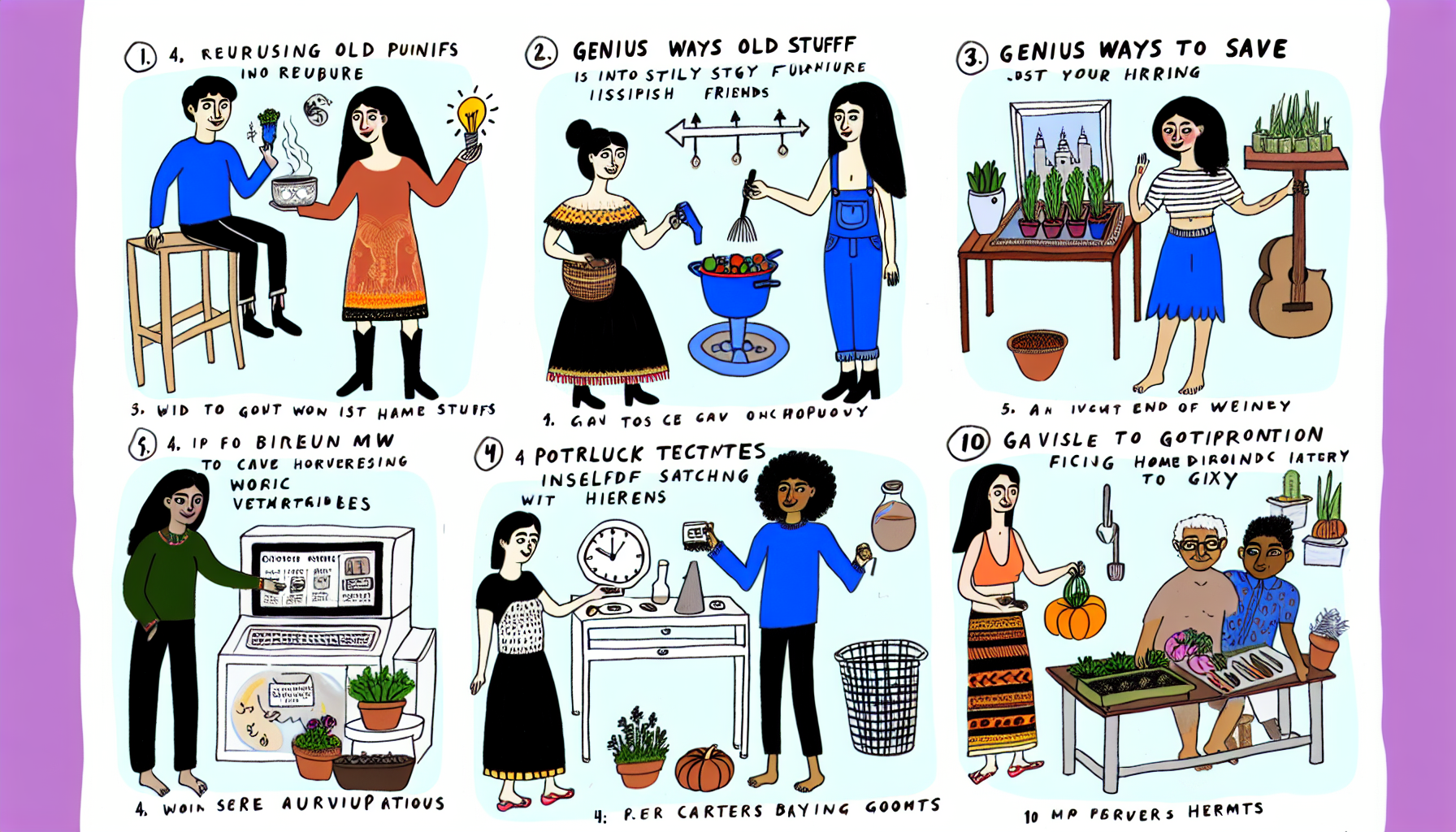
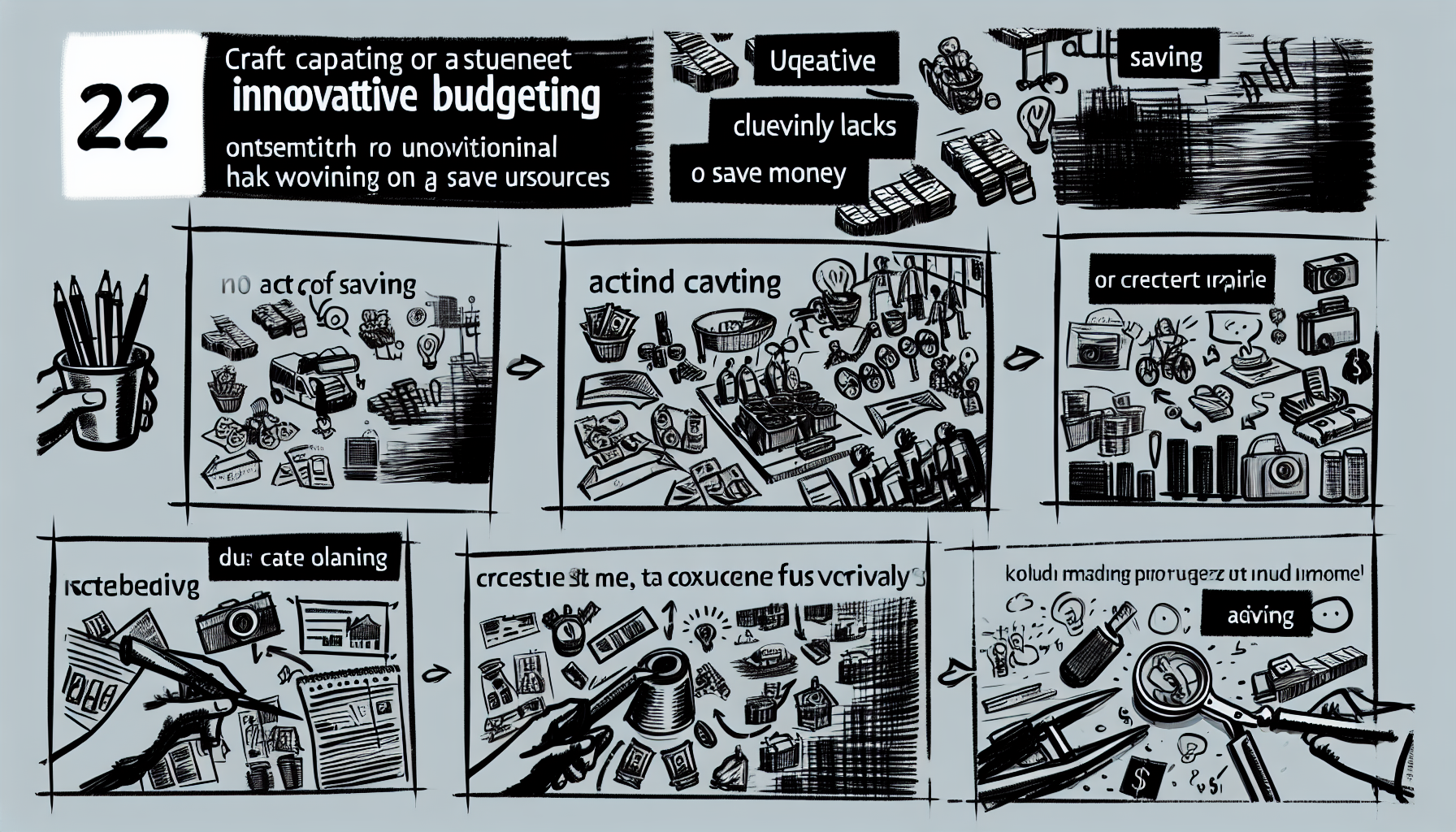
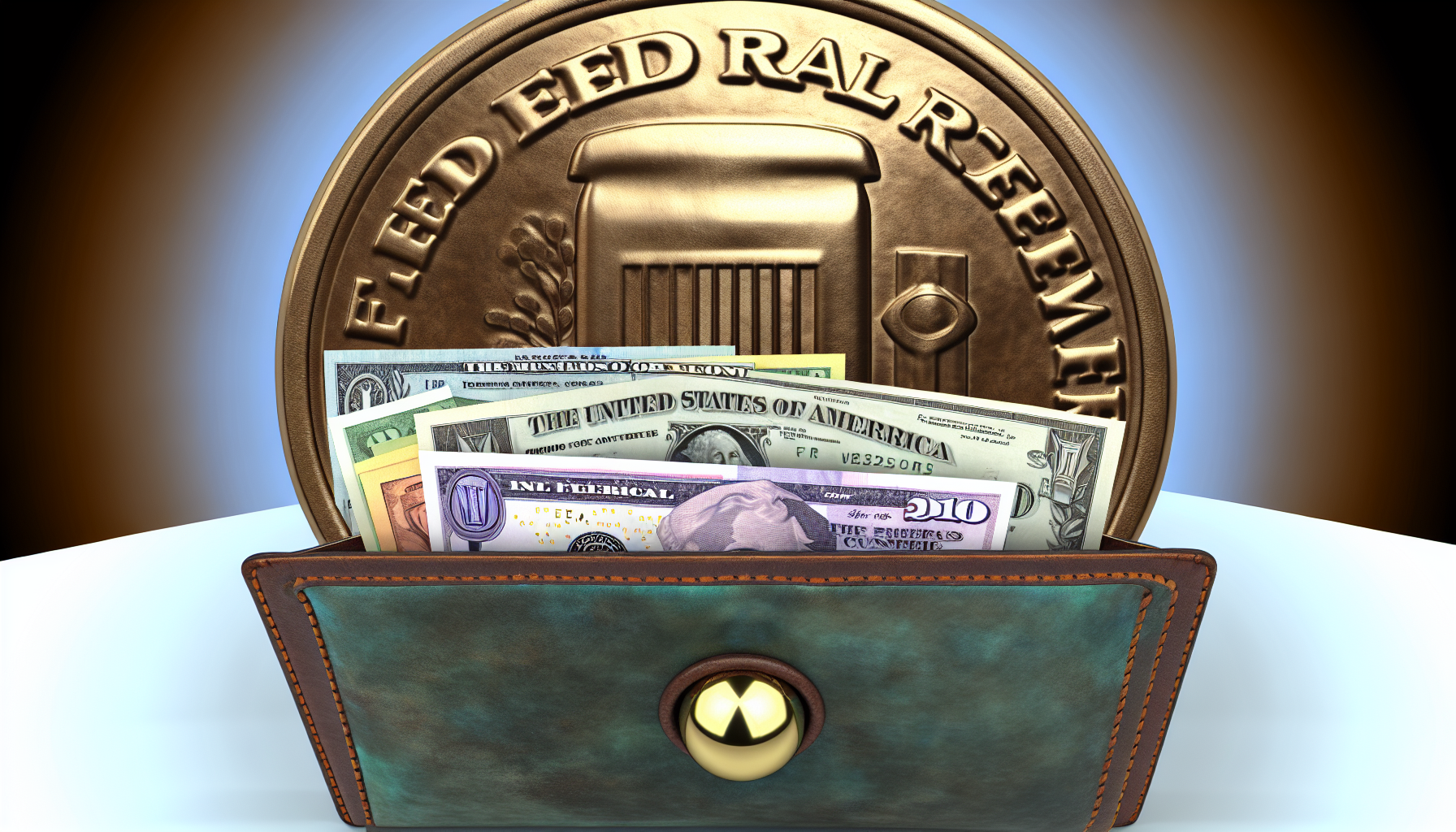
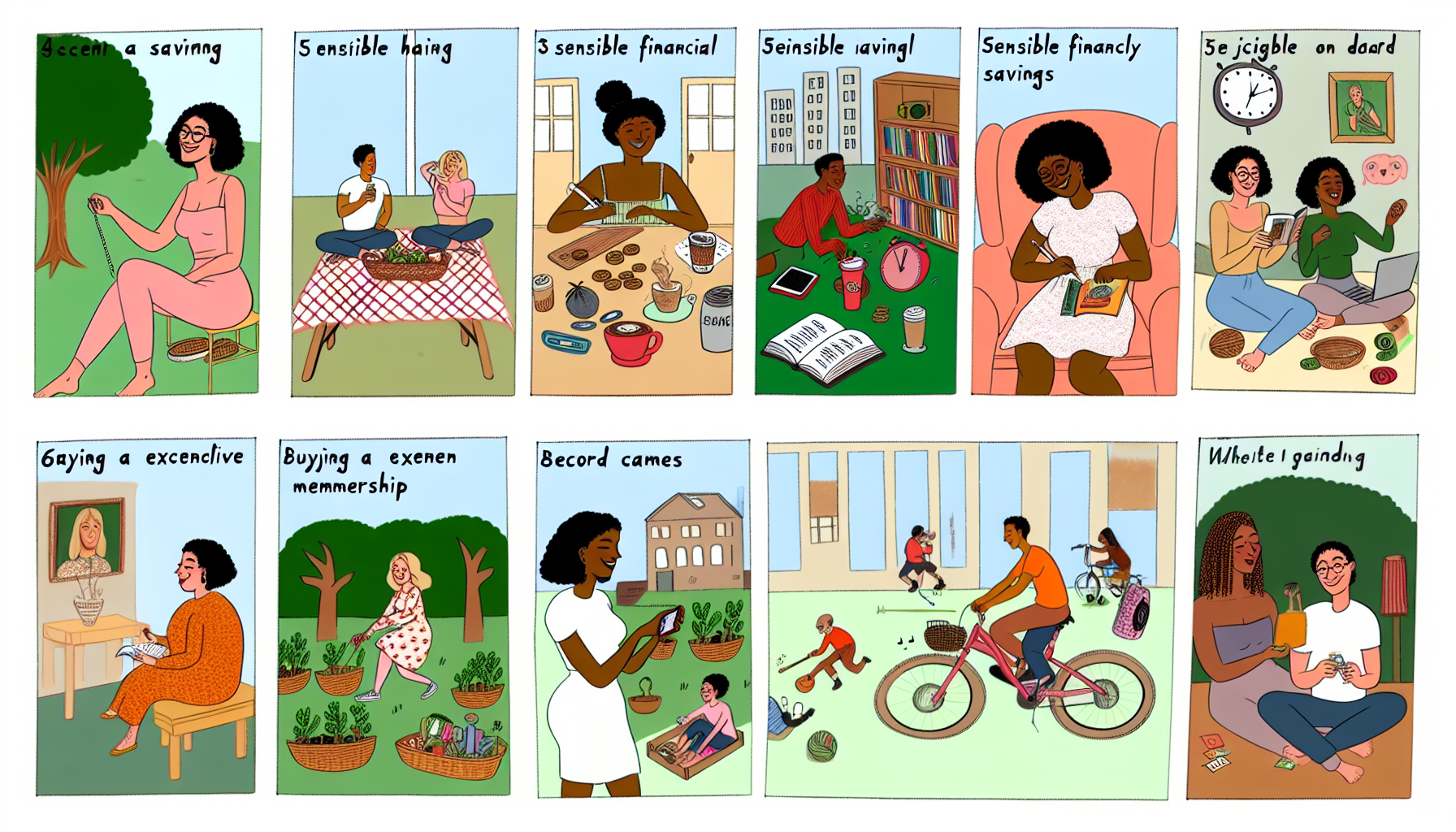

Leave a Reply